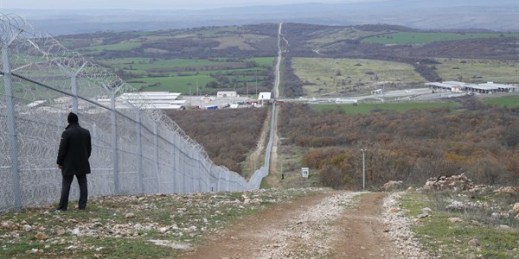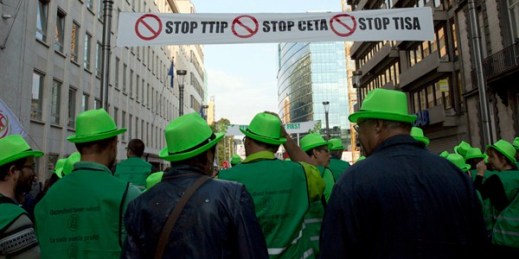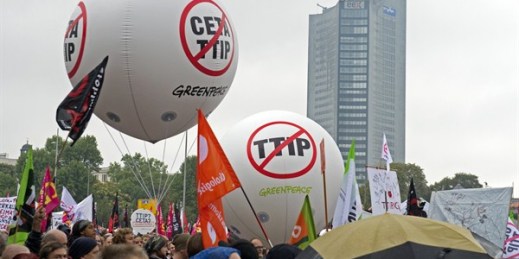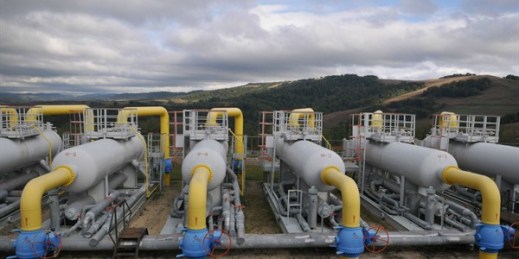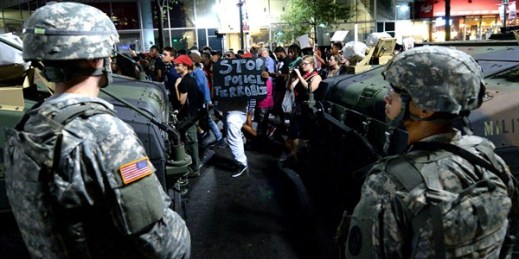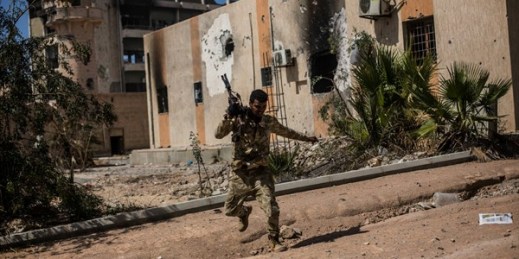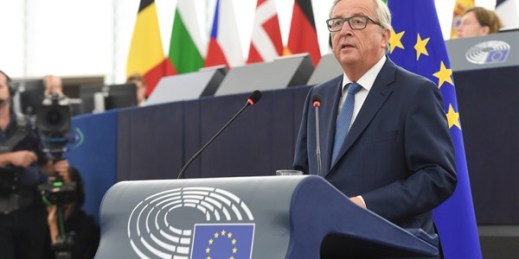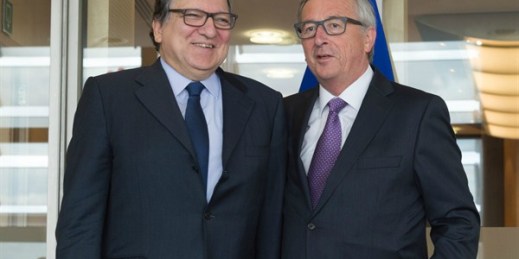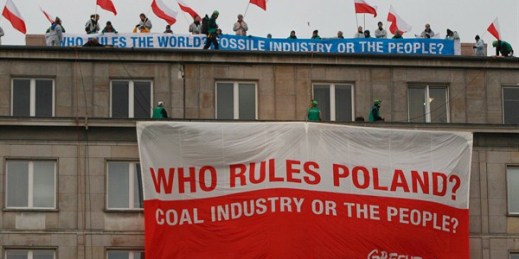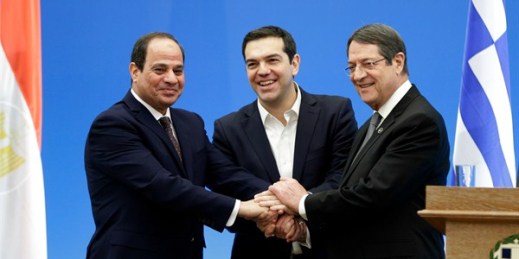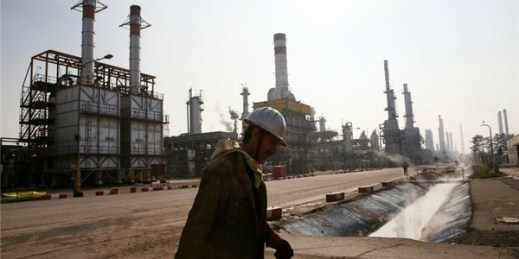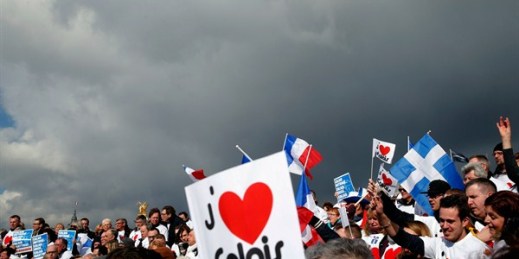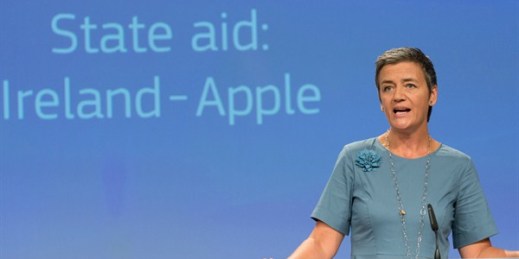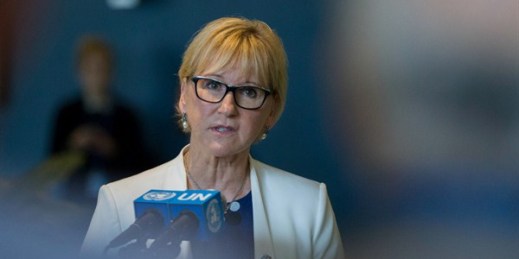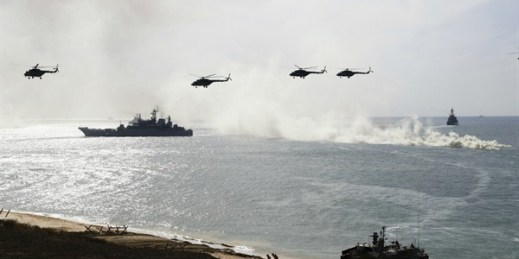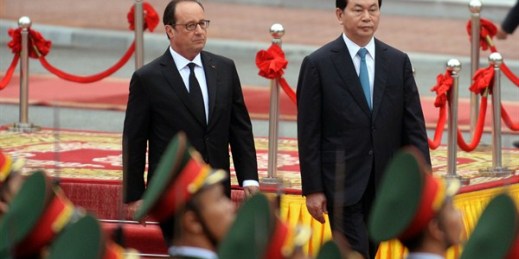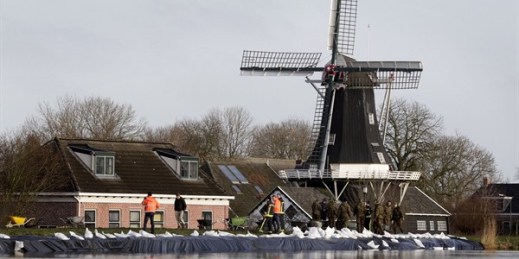
Editor’s note: This article is part of an ongoing WPR series on countries’ risk exposure, contribution and response to climate change. The Dutch parliament voted last week to cut the Netherland’s greenhouse gas emissions by 55 percent by 2030, a move that requires closing the country’s five remaining coal-fired power plants. In an email interview, Pier Vellinga, a professor at the University of Wageningen, discusses the Netherland’s climate change policy. WPR: What is the Netherlands’ risk exposure to climate change, what effects of climate change are already apparent, and what sorts of adaptation approaches will it have to adopt or […]

